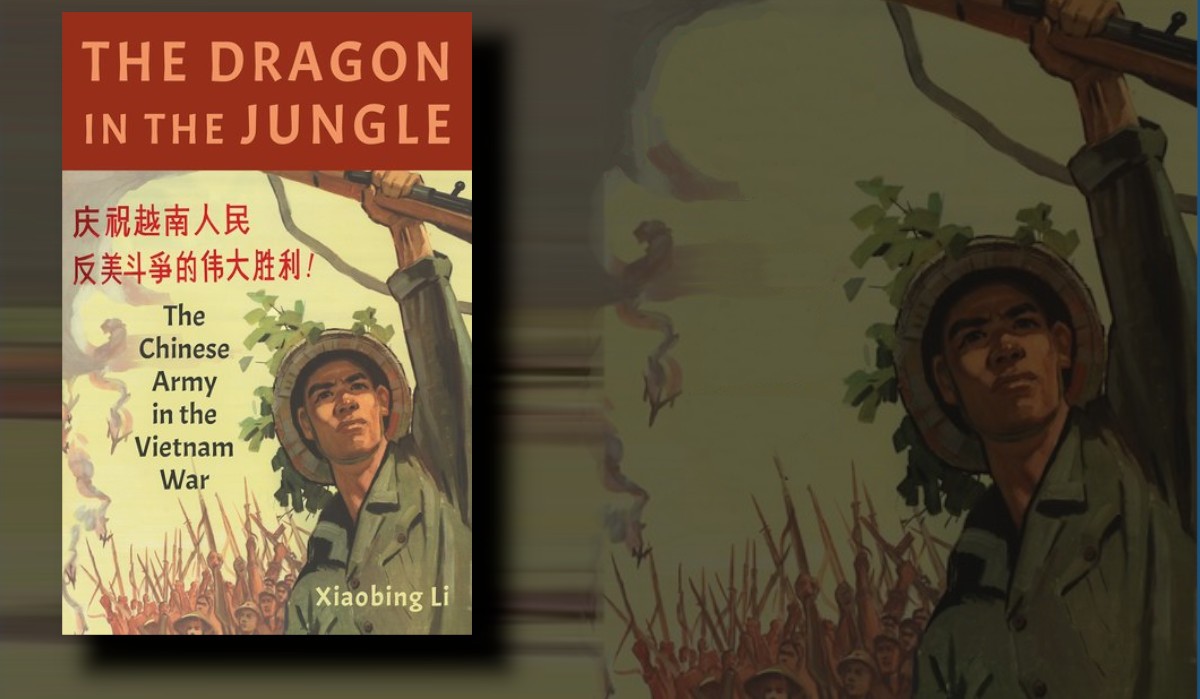Global reset: COVID-19, systemic rivalry and the global order
Source: Research in Globalization – Dec 20
One of the surprises from the COVID-19 pandemic in 2020 was the failure of strong Western nations to minimise or control the spread of the disease. This has complicated their standing within the world, a standing already under pressure from rapid economic and military growth in Asia. Dunford and Qi suggest one potential outcome of this, with a reset of the international order now focused on Beijing and aided by Washington’s actions in response to the pandemic. As it stands, the West’s poor reaction comes on the end of a decade of financial and technological shake-up that has further shifted the balance of power from its traditional location alongside the Atlantic. The article suggests COVID-19 has accelerated this shift, bringing the so-called ‘rules-based’ global order of the last few decades to an end sooner than was expected, reintroducing bipolar or multipolar competition. Dunford and Qi further explore this by highlighting what they see as the steps taken by Beijing to aid other nations, especially within Asia and Africa, and the advantages that the Belt and Road Initiative bring.
Related:
‘A Moral Failure in Pandemic Response’, Center for Global Development, 08 Mar 21
‘The next wave of globalization: Asia in the cockpit’, Nikkei Asia, 13 Jan 21
‘The World After the Coronavirus’, Foreign Policy, 02 Jan 21
‘The Pandemic and Power Shifts in Asia’, The Diplomat, 20 Oct 20
The Quad Factor in the Indo-Pacific and the Role of India
Source: Journal of Indo-Pacific Affairs – Mar 21
The Quadrilateral Security Dialogue has seen a significant growth in importance in the past six months, as despite pressures from COVID the leaders of Japan, India, Australia and the US push ahead with virtual and in-person meetings. Focused on the commitment to a free and open Indo-Pacific and acknowledgement of the importance of the two oceans from a global point of view, the Quad has also taken the opportunity to target non-traditional threats – most obviously COVID. While all four nations bring significant capabilities to the Quad, India is generally an unknown to many in Australia. This article provides a detailed description as to what India provides the Quad and what New Delhi is likely to seek or offer. The Quad is not a new NATO, but compared to the earlier article (above) about the elusive Asian NATO, the Quad offers key multilateral fora that can pursue enhanced security partnerships and combat a range of traditional and non-traditional threats.
Related:
‘Explained: What is the Quad and why does it matter to India’, Times of India, 07 Apr 21
‘The Quad: What It Is – And What It Is Not’, The Diplomat, 24 Mar 21
‘In ‘Historic’ Summit Quad Commits to Meeting Key Indo-Pacific Challenges’, The Diplomat, 13 Mar 21
‘Quad Leaders Announce Effort To Get 1 Billion COVID-19 Vaccines To Asia’, NPR, 12 Mar 21




